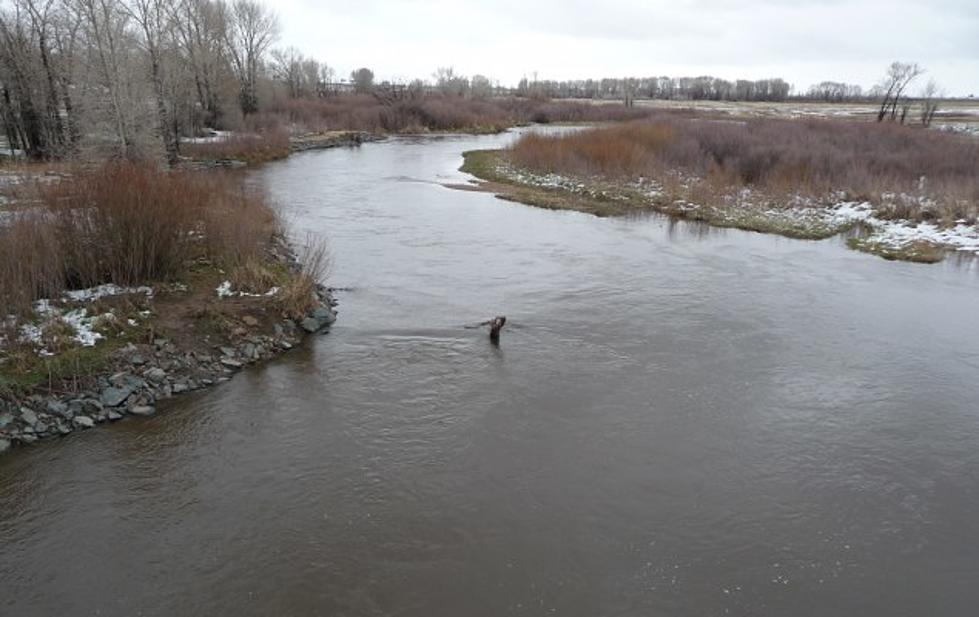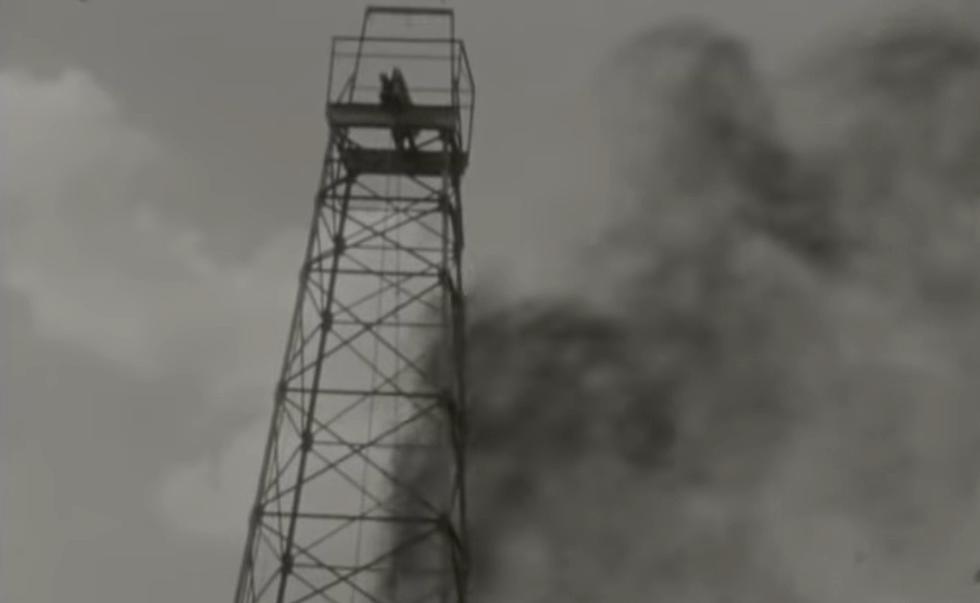
EPA: Hydraulic Fracturing May Pose Risk To Drinking Water
EPA
Hydraulic fracturing, nicknamed "fracking," to drill for oil and natural gas can affect drinking water in some circumstances, according to the U.S. Environmental Protection Agency's report released Tuesday.
However, gaps in the data and other uncertainties limited the EPA’s ability to fully assess the potential impacts or their severity on drinking water resources locally and nationally, according to the executive summary of the report.
The agency conducted independent research, gathered information from those involved in the industry and other organizations, and reviewed about 1,200 cited sources
of data and information, the executive summary said.
The report identifies certain conditions that can affect the frequency or severity of hydraulic fracturing:
- "Water withdrawals for hydraulic fracturing in times or areas of low water availability, particularly in areas with limited or declining groundwater resources.
- "Spills during the handling of hydraulic fracturing fluids and chemicals or produced water that result in large volumes or high concentrations of chemicals reaching groundwater resources.
- Injection of hydraulic fracturing fluids into wells with inadequate mechanical integrity, allowing gases or liquids to move to groundwater resources.
- "Injection of hydraulic fracturing fluids directly into groundwater resources.
- "Discharge of inadequately treated hydraulic fracturing wastewater to surface water.
- "Disposal or storage of hydraulic fracturing wastewater in unlined pits resulting in contamination of groundwater resources."
The Washington, D.C.-based American Petroleum Institute blasted the new report.
Its Upstream Director Erik Milito said in a news release the EPA ignored nearly 1,000 published papers, technical reports and peer-reviewed scientific reports showing the industry's practices and trends, as well as the regulatory programs that protect water sources in the fracturing process.
“Fortunately, the science and data clearly demonstrate that hydraulic fracturing does not lead to widespread, systemic impacts to drinking water resources," Milito said. "Unfortunately, consumers have witnessed five years and millions of dollars expended only to see conclusion based in science changed to a conclusion based in political ambiguity. We look forward to working with the new administration in order to instill fact-based science back into the public policy process."
But a leading environmental group praised the EPA's report.
Amy Mall, Senior Policy Analyst in the Land and Wildlife Program at the Natural Resources Defense Council said in a prepared statement that science won.
"For years, the oil and gas industry has tried to evade regulation, wield its political influence, hide data, and criticize science," Mall said.
"These findings confirm what communities around the country have long-feared -- there is no room for debate," she said. "With a new administration coming in, this underscores the need for action at the federal level. And now, more than ever, states and communities must use their power to guard against these very real risks.”
More From Y95 Country









